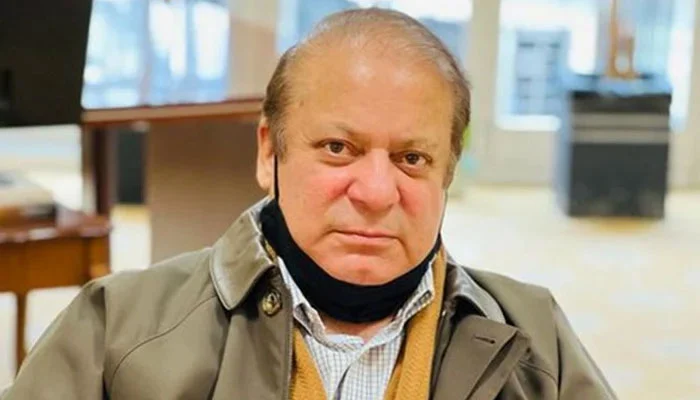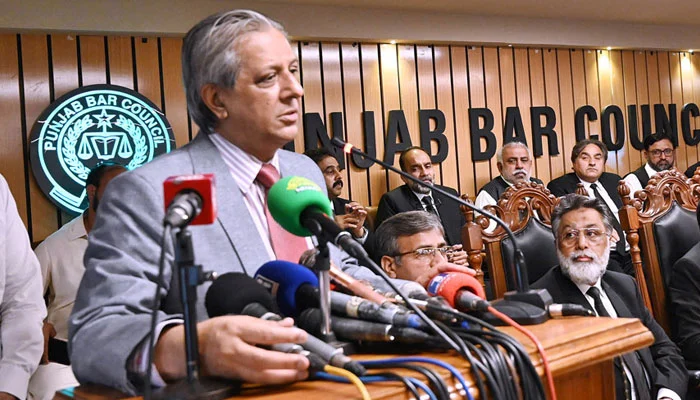In a landmark decision, the Supreme Court of Pakistan has underscored the absolute authority of the Parliament in legislating laws, reaffirming the clear distinction between the powers of the legislative and judicial branches. The ruling signifies a pivotal moment in the country’s judicial and parliamentary history, leaving experts and analysts contemplating its far-reaching implications.
The verdict, which denies Nawaz Sharif the right to appeal for a review, has sparked discussions among legal experts. According to them, this decision not only upholds the supremacy of Parliament but also hints at a shift towards a more socially conscious approach in judicial proceedings, emphasizing principles of collective wisdom over individual judgments.
The Supreme Court’s decision gains additional significance due to the recent passage of the Practice and Procedure Act on April 10, 2023, during a joint session of Parliament. This Act, experts believe, will pave the way for a more systematic and collective decision-making process, focusing on societal welfare and national progress rather than individual inclinations.
Former Attorney General Irfan Qadir commented on the court’s acceptance of Parliament’s authority, predicting positive ramifications for the judicial system. Legal experts emphasize that this decision signifies a departure from past practices, promoting a more transparent and accountable approach in legal proceedings, particularly regarding suo-motu cases. However, this development has cast a shadow over Nawaz Sharif’s political future, raising questions about his potential role in future elections.
Salman Akram Raja pointed out the critical nature of the ruling, highlighting the rejection of past practices and advocating for adherence to the rule of law. According to him, the decision draws a clear line between legality and illegality, emphasizing the need for comprehensive legal amendments.
Furthermore, the modification of the Election Act has raised concerns among legal circles, as it appears to contradict the Supreme Court’s interpretation in the Fifty-First Amendment case. Until a thorough review of the legal amendments occurs, the current modifications stand in a legal grey area, allowing room for challenges, particularly from parties like Nawaz Sharif’s.
Barrister Rida Hussain expressed concerns about the potential intrusion of the judiciary into parliamentary affairs, likening the Supreme Court’s role to a subsidiary body of Parliament. The ruling has sparked debates about the delicate balance between the judiciary and the legislative branch, emphasizing the need for a nuanced understanding of each institution’s roles and responsibilities.
In essence, the Supreme Court’s decision represents a significant paradigm shift in Pakistan’s legal and political landscape, underlining the importance of collective decision-making and the preservation of the separation of powers. As the nation navigates this new era, the implications of this ruling will likely continue to reverberate in both the legal and political spheres.



